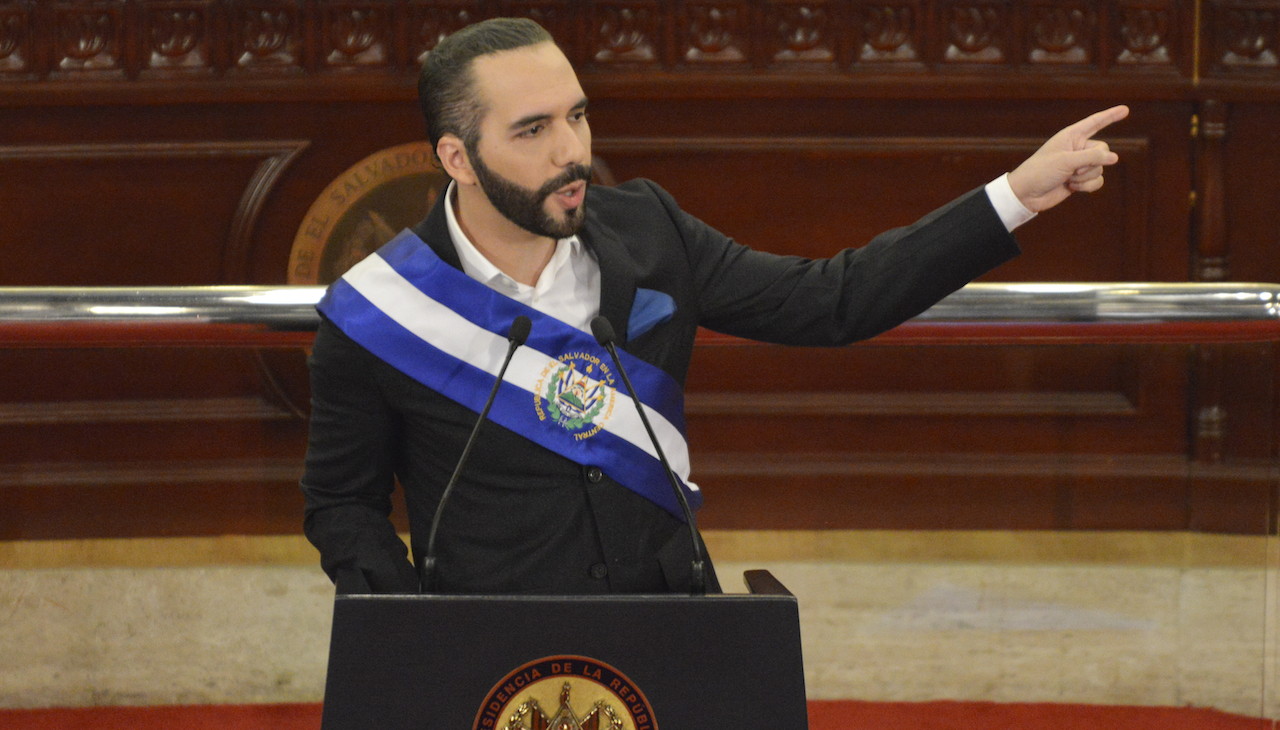
El Salvador’s State of Exception turns into a war on its people
President Nayib Bukele’s war on gang violence has led to the mass arrests of over 43,000 young men, 2% of the total population jailed, and continued escalation.
In late March of this year, 87 killings related to gang violence occured all in the span of one weekend in El Salvador. In response, authoritarian-minded President Nayib Bukele ordered a crackdown on gang violence that has plagued the Central American country by invoking a ‘State of Exception,’ effectively freeing the government and law enforcement to arrest and jail without reason or warrant.
No one is safe at any time.
Two percent of the population now finds itself incarcerated, with 43,000 and counting arrests made over the last few months.
The State of Exception, now entering its fourth month, has seen the mass imprisonment of tens of thousands of young men in El Salvador, with many of them only matching the look of a gang member, but not actually being linked with any. Many innocent impoverished young men find themselves behind bars simply for being young. Tattoos and clothing are the only sign law enforcement needs to take someone away.
And with gang leaders migrating to Mexico until the current State of Exception is done, it leaves many members in El Salvador to pay the price. If the number of arrests in the last three months are accurate, that is more people than were arrested in all of last year.
Under the State of Exception, certain constitutional rights are suspended including, Freedom of Association, the right to be informed of the reasons behind bars, suspension on guarantees of how long someone can be detained, and privacy protections regarding communication and correspondence.
The Salvadoran government has been accused of major human rights violations by Amnesty International as a result of the mass arrests, with over 50 reported inmate deaths under mysterious circumstances.
RELATED CONTENT
However, President Bukele has vowed to escalate the State of Exception further after three cops were ambushed and killed by members of the Barrio 18 gang, in response to Bukele’s crackdown. The President looks to save the country from its long-standing gang violence and other issues, going as far as comparing the crime problem in El Salvador to “metastatic cancer”
By his logic, his response is the “chemotherapy” needed to eradicate the cancer of crime.
“If they’d thought the full force of the state had been unleashed on these criminals, now they’ll really see what unleashing the full force of the state on means… If we stop now they’ll regroup… and it will become impossible to eradicate this cancer from our country,” Bukele said.
Despite the controversy, independent polls show that most of El Salvador’s 6 million people population support the President’s actions and he has high approval ratings as a result. The popular millennial President has over 4 million followers on Twitter and has even sarcastically coined himself “the coolest dictator.” With certain similarities to former President Donald Trump, Bukele has been coined a “mini-Trump.”
Bukele’s State of Exception was only ever allowed to happen because the President’s party, Nueva Ideas, won a supermajority that gave him enormous power to push through any kind of legislation, no matter how extreme.
Now in his third year in office, with the significant decline of crime achieved under Bukele, the majority of voters commemorate him and his actions, as El Salvador continues to push with no end in sight. At some point, the question of “at what cost?” should be asked.










LEAVE A COMMENT: